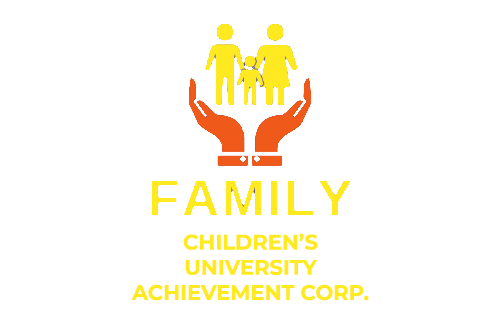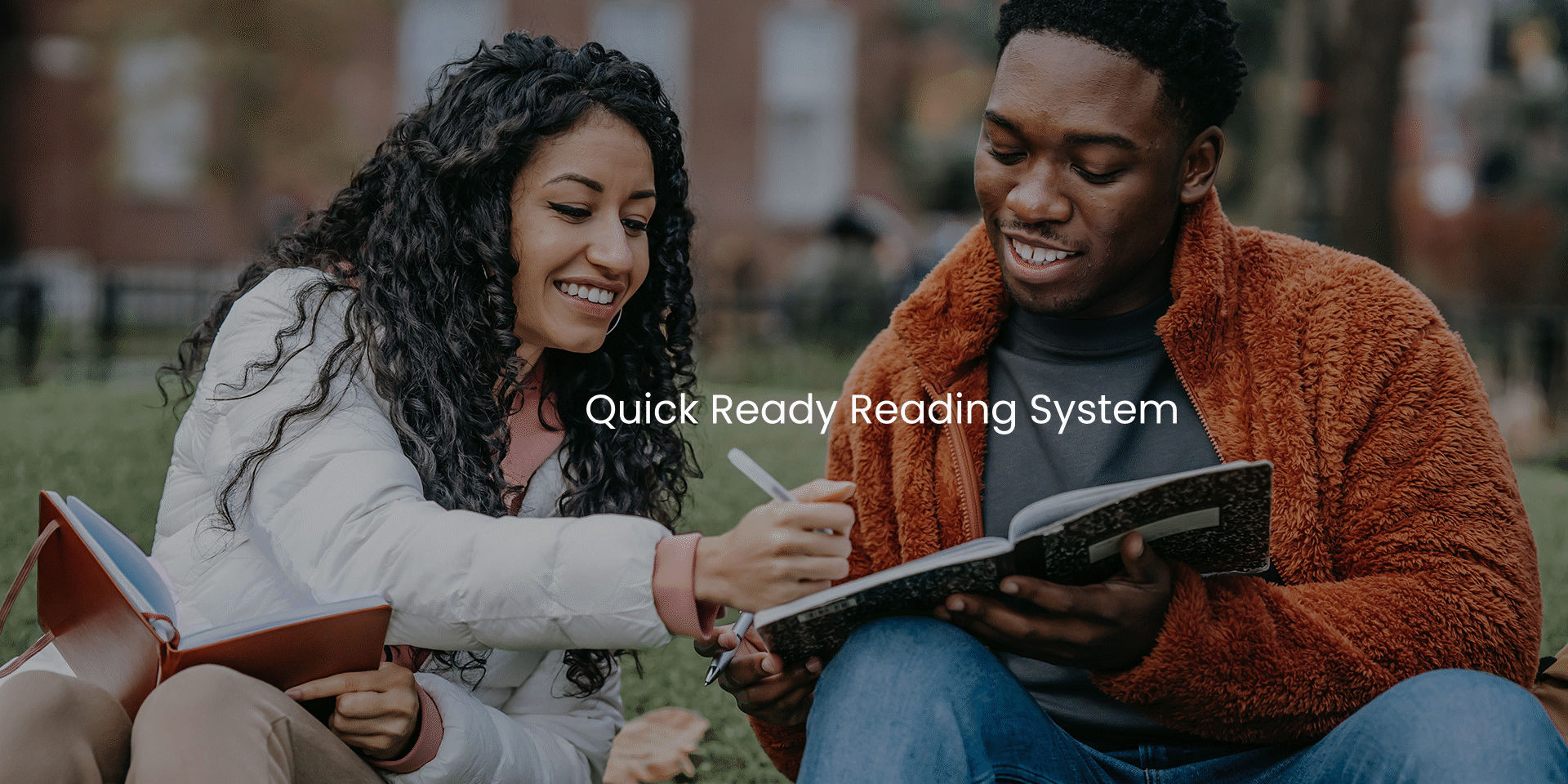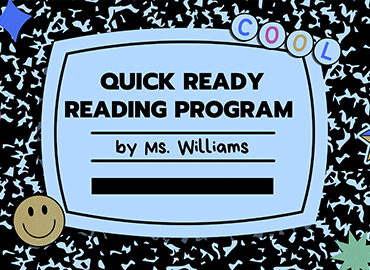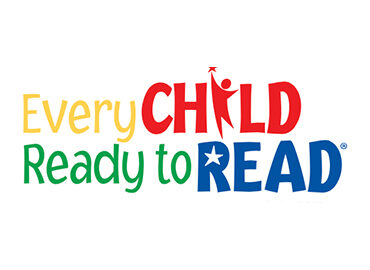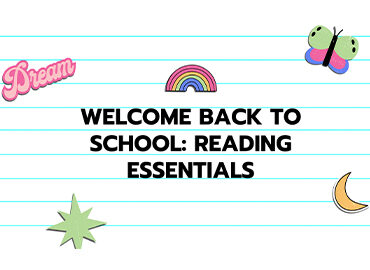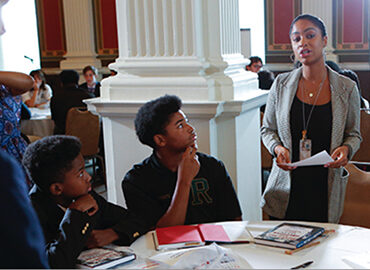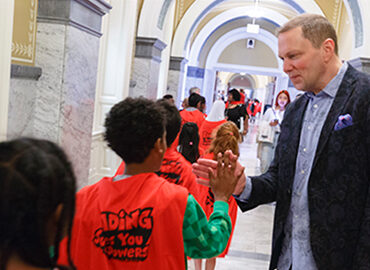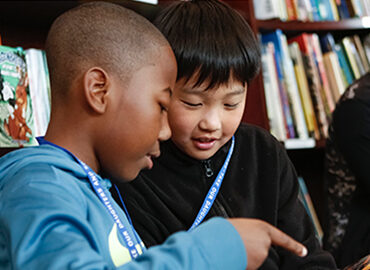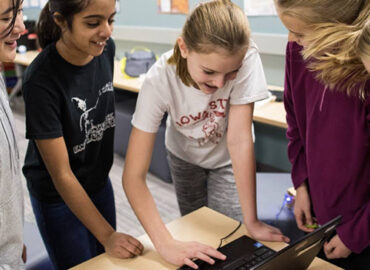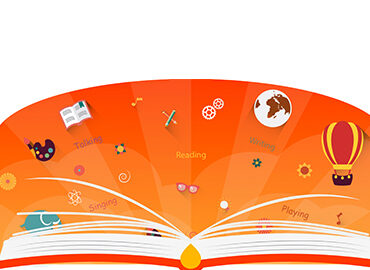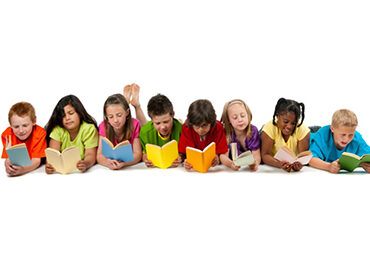Children’s University Achievement Corporation
Children’s University Achievement Corporation
Children's University Achievement Corporation is a non-profit corporation that is not organized for the private gain of any person. It is organized under the Non-Profit Corporation Law for charitable, religious, and educational purposes. The specific purpose of the corporation is to provide educational opportunities which emphasizes no drugs and no gangs, while offering services for academic achievement, fine arts, sports with coaching and scientific instructional tutoring for children in all communities.

Everyone who is interested in learning, improving, or acquiring reading skills for the first time or the third time is invited to participate in our FREE reading system. If you are pre-school age, in grade school, middle school, high school, college age, adults to seniors, below grade level readers, drop-outs, learners in a home school, special needs individual, currently working on you GED, or wanting to learn English as a second language, you are free to attend our weekly classes on our YouTube channel. Our Quick Ready Reading System is open to all who want to learn, or improve their reading skills, regardless of age group or level of literacy. Our FREE classes are accessible online via our You Tube channel. We invite and encourage everyone to spread the word about this excellent learning resource to their family, friends, or anyone else you feel would benefit from it.
• Twenty-one percent of Americans will be unable to read or write by 2022.
• Most adults cannot read or write at a level beyond the sixth grade.
• Illiteracy is estimated to cost the United States economy $2.2 trillion a year.
• More than a third of adults who are unable to read or write are foreign-born.
• The lowest percentage of schoolchildren were unable to read and write in New Mexico.
• Adult literacy rates in California were the lowest in the nation.
• In 2013, 66% of fourth-graders in the United States were unable to read on average.
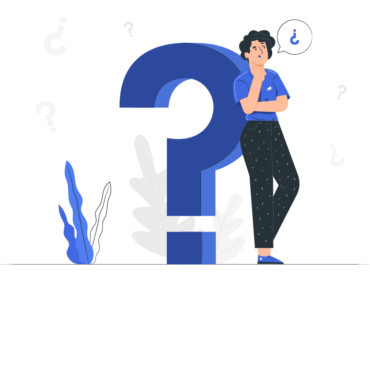
CUAC is offering a FREE reading system to any and everyone who wants to take advantage of the Quick Ready Reading System. Mastery of the reading process opens the doors to whole language reading system that includes reading, reading comprehension, writing, language, and grammar. A fee-based reading system will also be offered for those who desire small group lessons, pre/post testing and reading tools through donations.

Lessons will be offered each week after the Pre-Live Launch which sets the stage for “The Quick Ready Reading System.”

The Pre-Launch and weekly videos will be presented on the YouTube Platform.
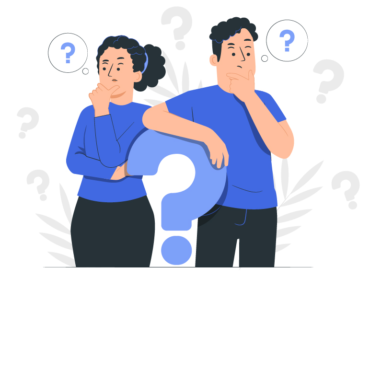
1. Literacy is a fundamental human right and an essential skill for life. Unfortunately, illiteracy is still a major problem in the United States, with millions of adults and school-age children unable to read or write at a basic level. This has serious implications for their future prospects, as well as the nation’s overall economic health.
3. “Help America Read”is an organization dedicated to tackling this issue head on by providing literacy programs and resources to struggling schools, children, dropouts, and adults who need help learning how to read. By donating today you can help us make a difference in the lives of those who need it most.

Answer to the illiteracy problem:
Starting this summer, “Help America Read” will be using the Quick Reading System that is sponsored by Children’s University Achievement Corporation, a 501 C(3) non-profit organization, that provides FREE online YouTube reading classes to children, and anyone in the United States and throughout the world. This program will help children, teens, adults, and seniors quickly develop and improve their reading skills, which are essential for success in school and life. By donating to “Help America Read” you can help make sure that all children, including those left behind, have access to quality education and the opportunity to reach their full potential. Your donation will go towards providing books, materials, and other resources needed for these classes. Donate now and help us make a difference in the lives of children, teens, dropouts, seniors, including children and adults in the world everywhere! Please follow for our live online introduction to “Help America Read” will use our “Quick Ready Reading System” It’s FREE and it works Fast!
Upcoming Reading Classes
Free Quick Ready Reading System Pre-Launch coming soon to your local You Tube Channels2023
Pre-Launch Promotional Video
Prelaunch Video
- Introduction
- Why the Program is Needed
- Description of the Reading Program
Welcome to Ms. W’s Reading Class
Week 1 Program
- Letter Formation 2 o’clock letters
- Oral Phonogram Review (1-10)
- Spelling Rules 1 and 2
- Learning Overview
Welcome to Ms. W’s Reading Class
Week 2 Program
- Oral Phonogram Review (1-10)
- Phonogram Quiz
- White Board Activity
- Review last week learning
- Letter Formation line letters
- Dictation Page 1
- Spelling Rules 3 and 4
- Spelling Test
- Learning Overview
Welcome to Ms. W’s Reading Class
Week 3 Program
- Oral Phonogram Review (1-15)
- Phonogram Quiz
- White Board Activity (1 syllable)
- Review last week learning
- Letter Formation
- Dictation Page 2
- Spelling Rules 5 and 6
- Spelling Test
- Learning Overview
Welcome to Ms. W’s Reading Class
Week 4 Program
- Oral Phonogram Review (1-20)
- Phonogram Quiz
- White Board Activity (1 syllable)
- Review last week learning
- Number formation (1-10)
- Dictation Page 3
- Spelling Rules 7 and 8
- Spelling Test
- Learning Overview
Welcome to Ms. W’s Reading Class
Week 5 Program
- Oral Phonogram Review (1-25)
- Felt and Block Activity
- Phonogram Quiz
- Review last week learning
- Cursive writing
- Dictation Page 4
- Spelling Rules 9 and 10
- Spelling Test
- Learning Overview
Welcome to Ms. W’s Reading Class
Week 6 Program
- Oral Phonogram Review (1-30)
- White Board Activity (1-2 syllables)
- Felt and Block Activity
- Phonogram Quiz
- Review last week learning
- Complete Cursive Writing
- Dictation Page 5
- Spelling Rules 11 – 13
- Spelling Test
- Learning Overview
Welcome to Ms. W’s Reading Class
Week 7 Program
- Oral Phonogram Review (1-35)
- White Board Activity (1-2 syllables)
- Felt and Block Activity
- Phonogram Quiz
- Review last week learning
- Complete Cursive Writing
- Dictation Page 6
- Spelling Rules 14 – 16
- Spelling Test
- Learning Overview
Welcome to Ms. W’s Reading Class
Week 8 Program
- Oral Phonogram Review (1-40)
- Felt and Block Activity (3 syllable words)
- Phonogram Quiz
- Review last week learning
- Dictation Page 7
- Spelling Rules 17 – 19
- Spelling Test
- Learning Overview
Welcome to Ms. W’s Reading Class
Week 9 Program
- Oral Phonogram Review (1-45)
- Felt and Block Activity
- Phonogram Quiz
- Review last week learning
- Dictation Page 8, Additional Phonograms
- Spelling Rules 20 – 22
- Spelling Test
- Learning Overview
Welcome to Ms. W’s Reading Class
Week 10 Program
- Oral Phonogram Review (1-50)
- Felt and Block Activity
- Phonogram Quiz
- Review last week learning
- Spelling Rules 23 – 25
- Spelling Test
Welcome to Ms. W’s Reading Class
Week 11 Program
- Oral Phonogram Review (1-55)
- Felt and Block Activity
- Phonogram Quiz
- Review last week learning
- Spelling Rules 26 – 29
- Spelling Test
- Learning Overview
INSPIRATIONAL VIDEOS
OUR RECENT BLOG
Twenty Methods To Achieve Pin-up Trend Style
Within this particular subculture, presently there are possibilities in order to carry out within pin-up
Пинап Казино Онлайн Официальный Pin-up С Бонусом На Депозит
Therefore, whenever the particular recognized platform is obstructed or undergoes technological function, you may gain
Казино Пин Ап Играть Онлайн Официальный Сайт Pin Number Upward On Collection Casino Для Гейминга
And this casino furthermore contains a integrated bookmaker together with a wide range associated with
Mostbet България Букмейкър В България Вход Бонуси
Безопасность пользователей представляет собой одним изо основных приоритетов конторы Mostbet. Компания имеет международную лицензию, словно подтверждает
